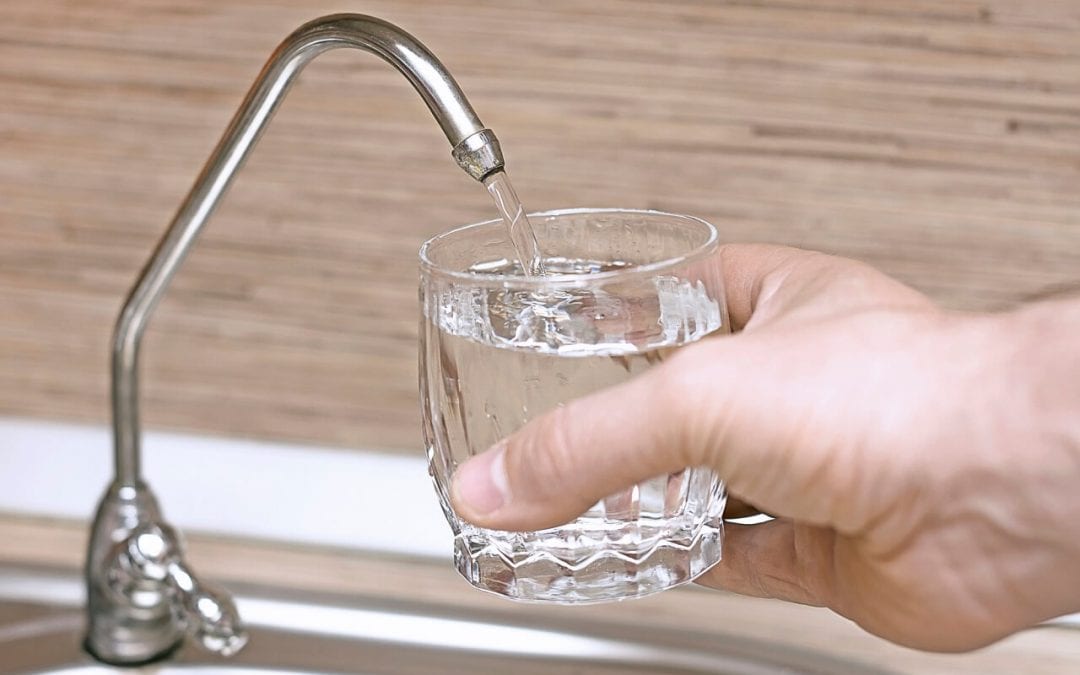Clean, fresh drinking water is healthier for you and your family. However, the water from your tap may contain contaminants that affect the taste and smell of your water. Chlorine, heavy metal, and minerals can cause dry skin, discoloration to your fixtures, and even health problems. There are several types of water filters available for the home. To choose the filter that is best for you, have your water tested or order a water-quality report from your utility company.
Let’s look at a few of the more common options for home water filtration.
Activated Charcoal Types of Water Filters
Activated charcoal filters are popular because they are effective and inexpensive. Charcoal traps impurities like chlorine, sediment, and (VOCs). This filter will improve the taste and smell of drinking water. Charcoal filters cannot remove viruses, bacteria, metals, or fluoride. This type of filter is most commonly found in pitcher filters. You’ll also find activated charcoal in refrigerator water filters, purifiers that attach directly to the faucet, and some under-sink filtration systems.
Reverse Osmosis
Reverse osmosis (RO) filters push water through a membrane to remove impurities. This type of water filter requires electricity to move the water through the system. During reverse osmosis, water molecules are forced through a semipermeable membrane, removing salts, pollutants, and bacteria from drinking water. RO filters also remove healthy minerals from the water source.
Types of Water Filters: Distillation
Water distillation is another commonly used type of filtration system. A distillation system uses evaporation to remove contaminants like lead, salts, and iron. The water is heated and evaporates, leaving impurities behind. The process of boiling the water will also kill most bacteria and some viruses. Any contaminants with a boiling point lower than water will be vaporized and remain in the drinking water.
UV Filters
When choosing water filtration systems, UV filters are low-maintenance and are the best product if you’re concerned about bacteria or viruses in your water. UV filters use light to kill harmful microorganisms. Your water will be healthier and safer to consume. A UV filter cannot remove particulate matter, like heavy metals and sediment. It also will not improve the taste or smell of the water. UV filters are best used in conjunction with other types of water purification methods for the best results.
Monadnock Home Inspections offers home inspection services, including water testing, to customers in southern New Hampshire. Contact us to request an appointment.

